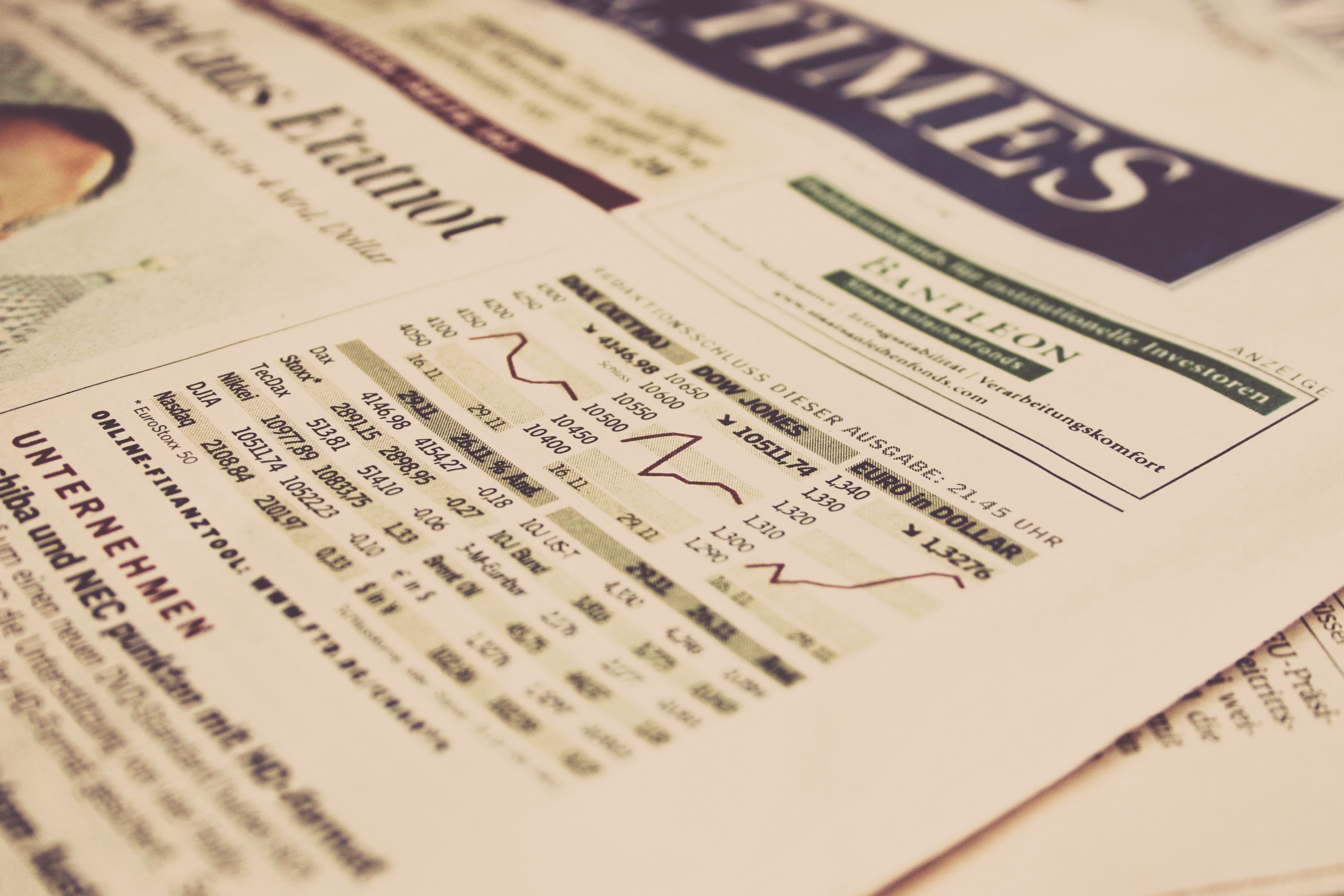When markets were falling in October, one common explanation was that investors were becoming more worried about the prospects for interest rates. The argument was that the Fed was now expected to raise rates more aggressively in 2019/20 than previously thought.
However, there's a problem with this argument. When you look at real interest rates - that's interest rates after inflation - they really haven't risen that much in 2018, at least until October that is. In October the real spread on junk bonds rose about 75 basis points (0.75%) which was the biggest rise since Lehman Brothers collapsed in 2008.
I confess I didn't spot this myself. It was pointed out to me by Sean Corrigan, Principal at Cantillon Consulting, in the latest edition of The Big Call Radio Show. And the crucial point is that this tightening in monetary conditions happened after markets had started to fall. In other words, 'it followed, it didn't lead', according to Corrigan.
Rising rates isn't the only explanation for the October wobble that Corrigan dismissed. He doesn't think that concerns about Chinese debt or a Trump trade war were behind it either.
'At beginning of October we had no new information on China, it's just that before we didn't care about it as much', said Corrigan. So, put simply, markets had had a good run over the summer, a few investors got nervous and started to sell off, that made more investors nervous, and then an explanation was sought for what was going on.
That doesn't mean Corrigan isn't exactly optimistic about the outlook for China though. The Chinese government pulled out all the stops to support share prices in October but they may not be able to pull of that trick every time. Granted, the Chinese government can always print money to reduce debt but that could to a falling currency, which wouldn't please Trump, and/or a 'Zombie economy' where the money has gone to the wrong places and you've got plenty of companies relying on handouts and cheap loans. You can't sustain a 6.5% annual growth rate with that kind of deadweight.
I also talk to Russ Mould of AJ Bell in the same edition of 'The Big Call'. He's not a full-on China bull either. He suspects 'China is going to be more stop-start than people have become accustomed to. There will be bouts of stimulus and then they'll focus on debt and rein back.' He's also 'a little bit wary' about the level of state intervention.
That said, he's more optimistic about the rest of Asia due to the strength of the economic fundamentals.
You can hear more from Corrigan and Mould on the prospects for 2019 in the show.


